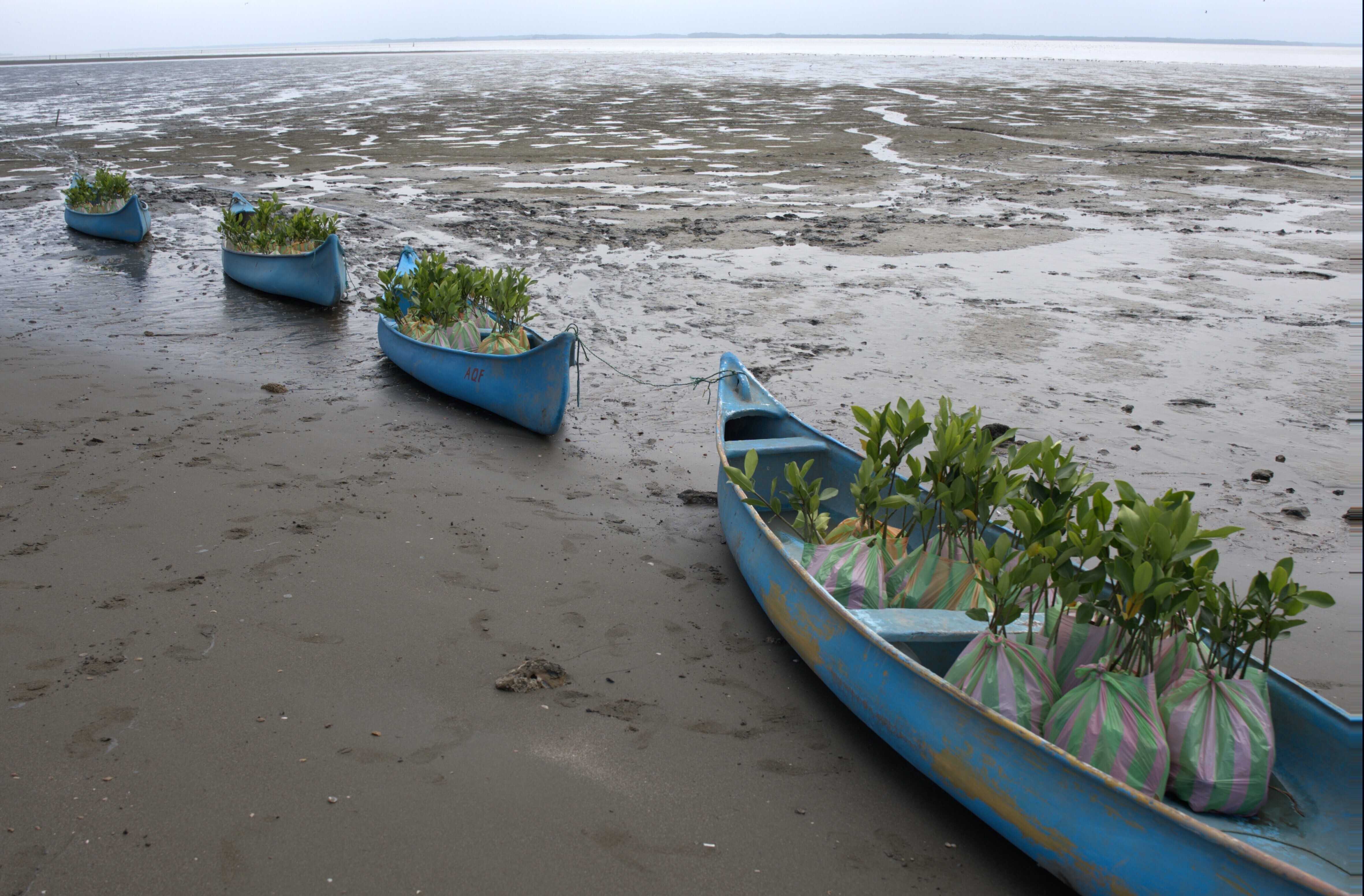Lessons from the Amazon

I was nine years old the first time I went on expedition, accompanying my grandfather Jacques-Yves Cousteau as he explored and filmed the Amazon. Each day his crew would take me on “child-approved adventures”. Since that trip, the Amazon is a place I hold very dear to my heart.
With the family I have, I grew up with oceans as an integral part of my life. But it was the Amazon that struck a deeper personal chord in me, meeting the people who live there, learning about their cultures and deep knowledge of the rainforest.
I have been back many times and I am preparing an expedition this year to make a documentary about the indigenous tribes of an area called the Vale do Javari, deep in the middle of the Brazilian rainforest. Past generations have thrived in this region, but external influences are threatening the tribes. Illegal logging and fishing strip away their resources and damage the ecosystem. They have a high rate of hepatitis, brought in by outsiders, and are desperate for better healthcare. One of the local healers said: “We have the plants for our diseases; we don’t have the plants for yours.”
But we can’t just talk about problems – we have to talk about solutions. There is always a hero out there doing amazing work day in and day out. I’m lucky enough to be able to travel and meet incredible people working tirelessly to solve environmental and social issues.
Through filmmaking, I bring back stories of humans living in harmony with the environment, who demonstrate our connection with the natural world. In our Western, supposedly developed society, we have created complex systems to go back to something much more basic. There are entire industries being created to bring things back into balance: renewable energy, sustainable fishing, construction and design. We used to do things that way; it just wasn’t called sustainability then. Today’s society is much more intricate. We can’t tear down what we have created, so we need to modify our behaviour; to consume less, whether it be water, energy, food, or material goods.
None of this is news. Everyone knows they must recycle more, or better yet, consume less. Perhaps the most important thing is to change the way we think about our place within a far bigger ecosystem. There are people dying of environmental pollution, tribes are being wiped out and ecosystems destroyed because of human enterprise, deforestation and sprawl. That’s what we need to be thinking about. Changing our behaviour is the easy part; changing the way we think is much more complex and it is critical.
Author: Céline Cousteau is Founder and Chief Executive Officer, CauseCentric Productions, France and is participating in the World Economic Forum’s Annual Meeting in Davos 2014.
Don't miss any update on this topic
Create a free account and access your personalized content collection with our latest publications and analyses.
License and Republishing
World Economic Forum articles may be republished in accordance with the Creative Commons Attribution-NonCommercial-NoDerivatives 4.0 International Public License, and in accordance with our Terms of Use.
The views expressed in this article are those of the author alone and not the World Economic Forum.
Stay up to date:
Future of the Environment
Forum Stories newsletter
Bringing you weekly curated insights and analysis on the global issues that matter.
More on Nature and BiodiversitySee all
Vicky Stratigaki and Noa Ligot
November 18, 2025






